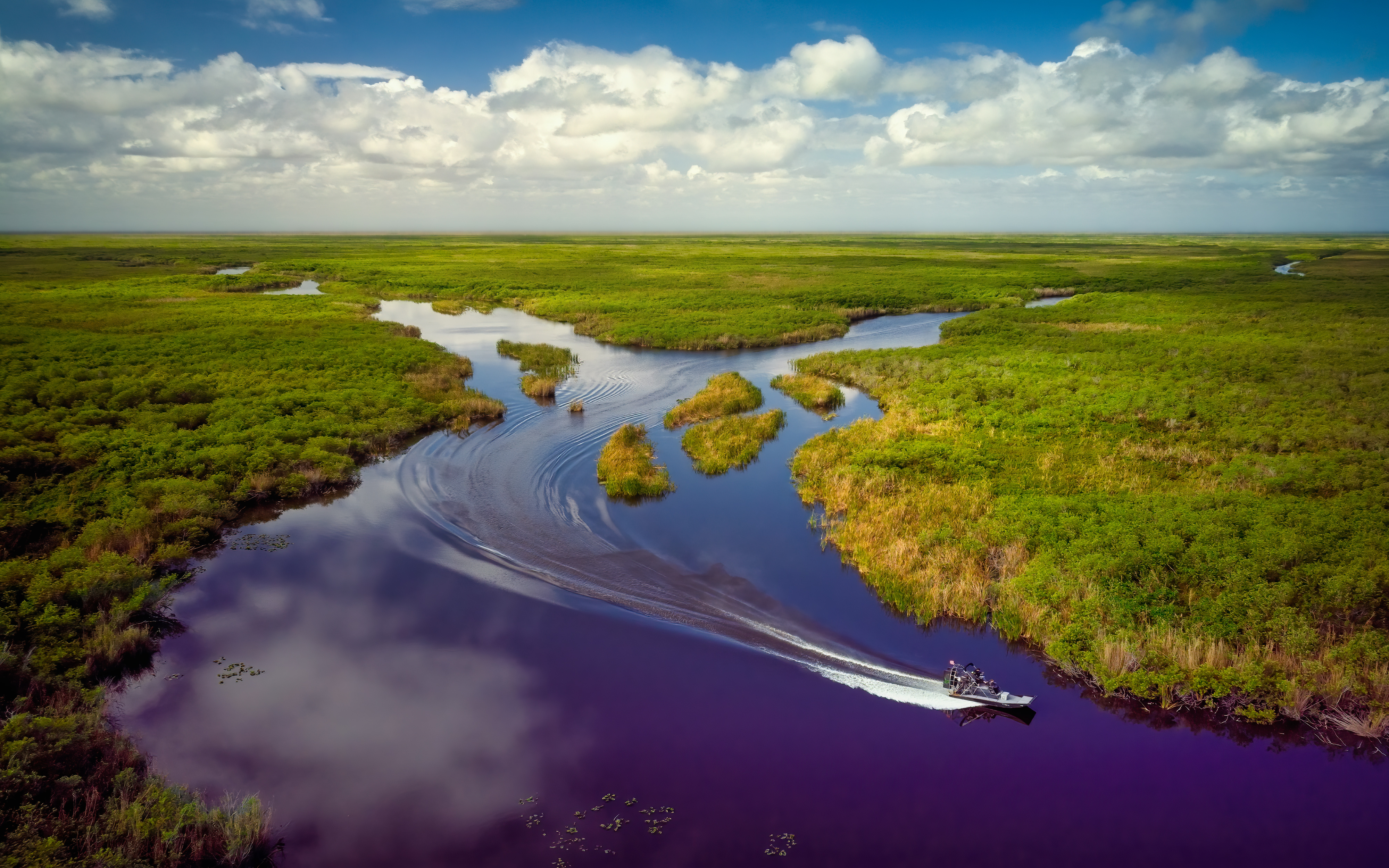Advocating for Stronger Stormwater Rules and Permits

We are at a key juncture for stormwater management in Florida and Miami-Dade County. Current state proposals for new rules and permits could be valuable tools in the fight for clean water and clean communities – if the rules and permits are designed and implemented correctly. ELC is working with Miami Waterkeeper to advocate for the strongest version of these proposals to improve stormwater management and result in cleaner water. Miami-Dade County’s stormwater systems are one of the most significant pollution sources for Biscayne Bay, directing land-based contamination into local waterways and Biscayne Bay, including grease, herbicides, pet waste, fertilizers, debris, and more. Water pollution not only causes significant harm to the bay, but it also impacts public health and our economy.
2023 is a critical time for advocacy for better stormwater management in Florida and Miami-Dade County.
Last week, as part of our Clean Biscayne project to protect and restore Biscayne Bay and to support the communities that suffer from the effects of stormwater pollution, ELC and Miami Waterkeeper submitted extensive comments on a proposed new permit template and proposed new stormwater management rules. First, municipal separate storm sewer systems (MS4s), the network of publicly-owned conveyance systems designed to collect and convey stormwater, are regulated under the U.S. Clean Water Act and must receive a Florida Department of Environmental Protection (FDEP) permit. FDEP is beginning the process to update the current permit template for larger cities and then renew current permits for Miami-Dade County and cities included in the county’s boundaries. Second, proposed new development and redevelopment projects must receive state permits to manage the stormwater that they generate, and, after many delays, FDEP is updating its regulations for those permits. ELC and Miami Waterkeeper are partnering to engage in both these processes and advocate for the strongest version of these proposals to improve stormwater management in Florida and Miami-Dade County.
Join Our Email List
 Never miss a story from us, subscribe to our newsletter
Never miss a story from us, subscribe to our newsletter